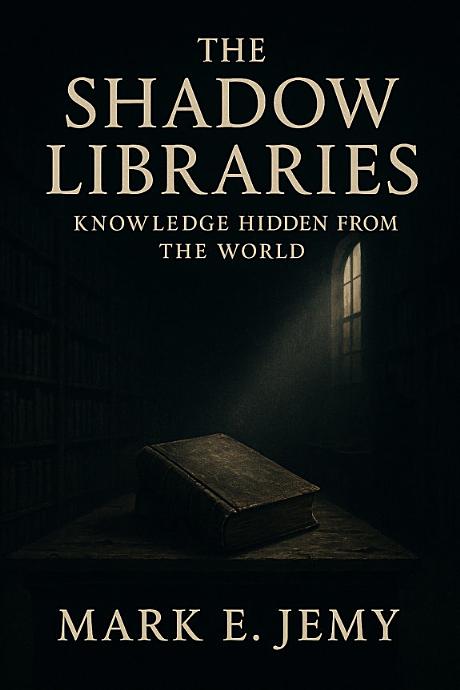The Shadow Libraries: Knowledge Hidden from the World
The Shadow Libraries: Knowledge Hidden from the World
The concept of shadow libraries is both intriguing and controversial. These hidden collections of digital books and articles operate outside the boundaries of traditional publishing and distribution. Despite their clandestine nature, they serve a crucial role in democratizing access to information. However, they also raise significant ethical and legal questions.
Understanding Shadow Libraries
Shadow libraries are digital repositories of books, articles, and other academic resources that are freely accessible to the public. Often operating in legal gray areas, these libraries challenge the traditional publishing model by providing unrestricted access to copyrighted material. This practice raises important questions about intellectual property rights and the future of knowledge sharing.
The Role of Shadow Libraries
While shadow libraries are often criticized for bypassing copyright laws, they also serve an essential purpose. In many parts of the world, access to academic resources is limited by financial, geographical, or political barriers. Shadow libraries help bridge this gap by providing free access to knowledge that would otherwise be inaccessible. This democratization of information can have profound implications for education and research.
Ethical and Legal Considerations
The existence of shadow libraries raises complex ethical and legal issues. On one hand, they provide invaluable resources to those who cannot afford or access them through traditional means. On the other hand, they undermine the rights of authors and publishers, potentially affecting their livelihood and the sustainability of the publishing industry. The debate over shadow libraries highlights the need for a balanced approach to information access that respects both the rights of creators and the needs of users.
Future of Knowledge Sharing
As technology continues to evolve, the landscape of knowledge sharing will inevitably change. Shadow libraries represent just one aspect of this transformation. They challenge us to rethink our approach to intellectual property and to explore new models of access that are both fair and sustainable. Ultimately, the future of knowledge sharing will depend on finding a balance between open access and the protection of intellectual property rights.
Written with balance and depth, this title combines storytelling, reflection, and analysis. It encourages readers to connect ideas across different fields, building an appreciation for complexity and subtle insight.
The result is not just a collection of ideas, but a living dialogue that invites participation, self-inquiry, and perspective.
Ultimately, this book leaves the reader with a sense of clarity and curiosity — a reminder that understanding begins when we dare to question what we think we already know.

